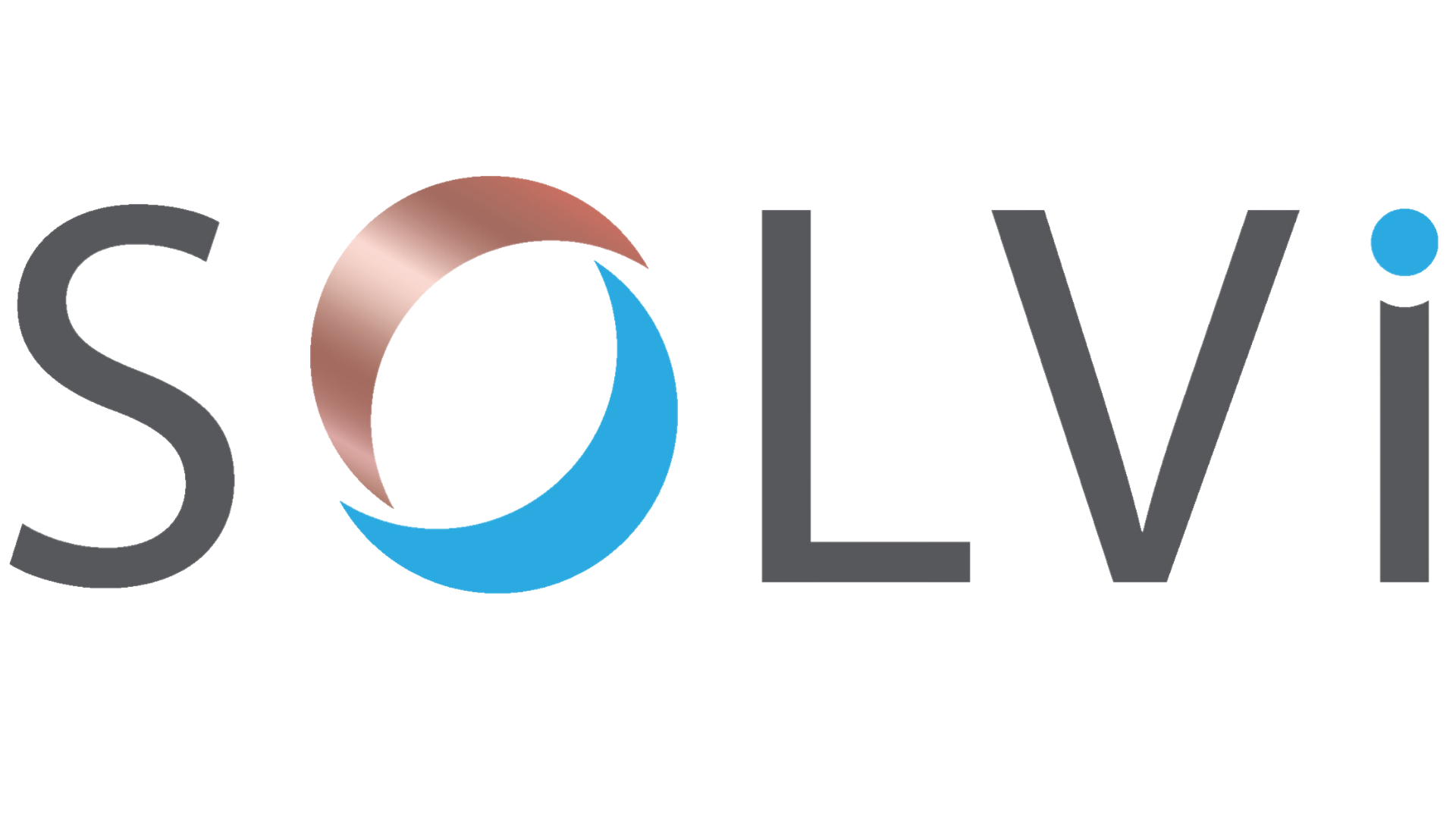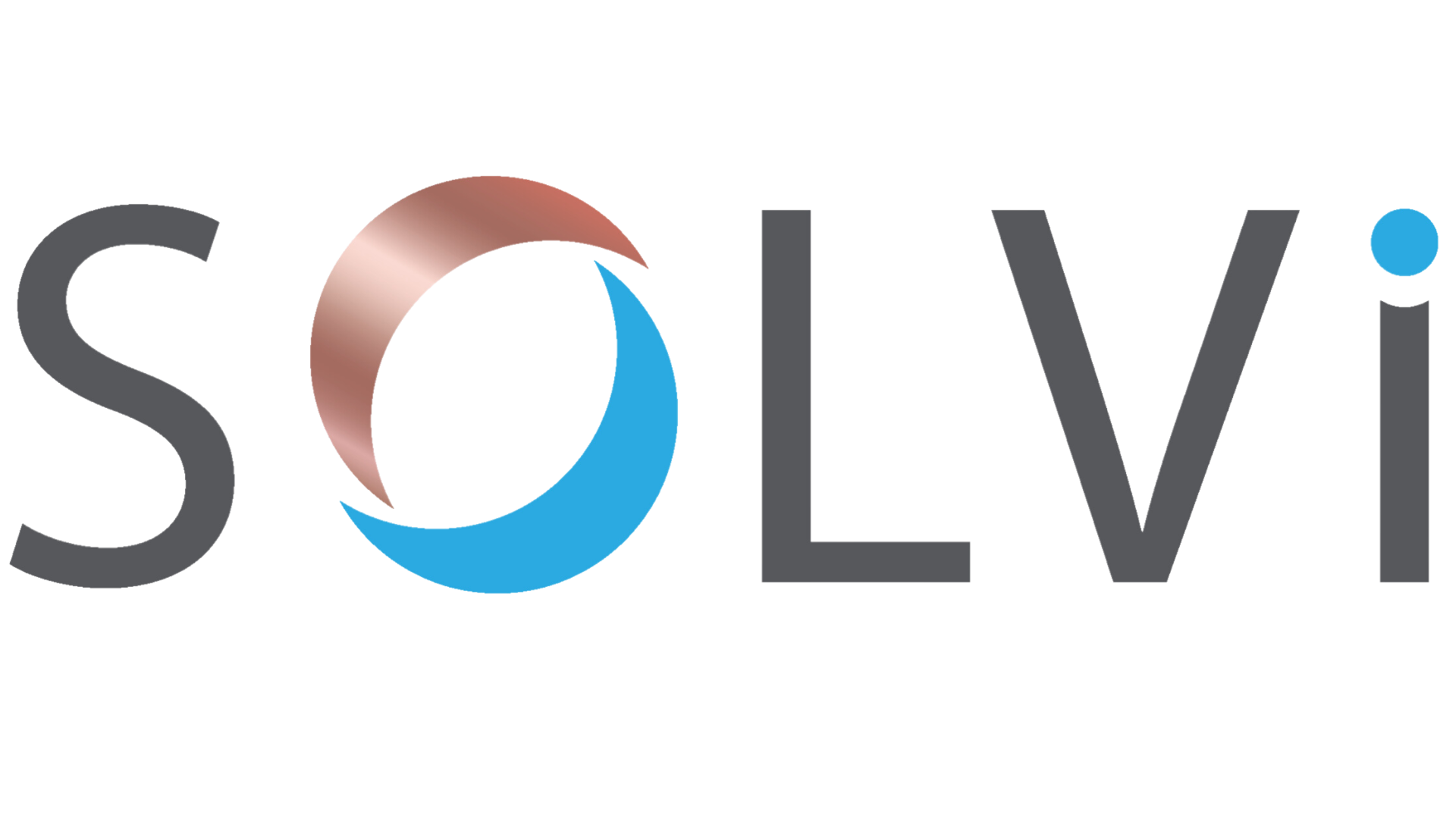Australia is a great place to live and work. Our passion is to help Registered Nurses living overseas to work and experience the great Aussie lifestyle. However, navigating the complexities of migrating to Australia can be daunting.
SOLVi Migration has been assisting nurses to gain registration and successfully migrate independently. Our dedicated team of legal experts specialises in guiding overseas registered nurses through the intricate visa and registration processes, ensuring a smooth transition to working in Australia.
We are committed to providing personalised support every step of the way, from initial eligibility assessments and visa applications to professional registration and employment advice. Trust us to help you achieve your dream of a rewarding nursing career in Australia.

VISA’S WE CAN HELP WITH

Employer Sponsored

Skilled Independent
MAKING AUSTRALIAN MIGRATION EASY

Why Employer Sponsorship Isn’t Always the Quickest or Cheapest Way to Migrate to Australia
For many internationally qualified nurses and midwives currently working in the UK, the idea of employer sponsorship to migrate to Australia can seem like the simplest, fastest, or even the only option available. You may have already experienced a sponsorship arrangement when you moved to the UK, where employers often paid for your visa and related costs. Understandably, this experience shapes your expectations about how migration works in Australia.
But here’s the reality: the Australian migration system works very differently. And if you’re planning your future in Australia, it’s crucial to understand what employer sponsorship really involves—and why it may not always be the fastest, cheapest, or most secure pathway to achieve your long-term goals.
What is Employer Sponsorship?
Employer sponsorship allows an Australian healthcare business to sponsor an internationally qualified nurse or midwife to work for them on a temporary visa—most commonly the Subclass 482 Skills in Demand visa. This visa is typically valid for up to four years and is tied to that specific employer.
In some cases, after a period of time, the employer may agree to nominate you for a permanent residency visa, such as the Subclass 186 visa under the Temporary Residence Transition stream.
The Realities of Employer Sponsorship
While employer sponsorship is one option to live and work in Australia, there are several factors you need to consider before pursuing this pathway.
1. Sponsorship Comes With Conditions
If you migrate under employer sponsorship, you are tied to that employer. Your visa conditions will limit you to working only for them in the nominated position. If you leave that job for any reason—whether it’s redundancy, dissatisfaction, or a breakdown in the employment relationship—you will have only a limited time to find a new sponsor or leave Australia. This can place significant restrictions on your career choices and financial stability.
2. You Are Responsible for Visa Costs
Many nurses assume that employers in Australia will cover their visa costs. This is a common misunderstanding. In Australia, while an employer may cover certain nomination and sponsorship fees, it is not their responsibility to pay for your visa application fees, health checks, police checks, or professional migration advice. These costs are legally your responsibility.
Additionally, the employer must pay a mandatory Skilling Australians Fund (SAF) Levy, which is significant and paid at the time of sponsorship. This cost is often a deterrent for employers, meaning they may only choose to sponsor you if they are struggling to fill the role locally - they will always prefer a candidate who has independently obtained work rights.
3. It May Take Longer Than You Expect
Some people mistakenly believe that employer sponsorship will automatically lead to a quicker permanent residency outcome. However, the process is rarely straightforward. For example, the Subclass 186 visa under the Temporary Residence Transition stream requires you to work with the same employer in Australia for at least two years before they can nominate you. There is no guarantee that your employer will be willing or able to proceed with sponsorship after that time.
Processing times can also vary depending on government priorities and caseloads, and sponsorship does not guarantee a fast outcome.
4. You Have No Guarantee of Permanent Residency
A promise in an employment contract that the employer will sponsor you for permanent residency is not enforceable. Australian employment law is not tied to migration law. Even if a recruiter indicates an employer's intention to sponsor you, there is no legal obligation for them to follow through. Migration decisions are made by the Department of Home Affairs based on strict criteria—not employment contracts.
Many nurses only realise this after investing years of their lives working in Australia on temporary visas without the security of permanent residency.
Alternative Pathway: Independent Skilled Migration
For those who want more freedom and control over their career and life in Australia, Skilled Independent and State Nominated visas may provide a better long-term option. These include:
Subclass 189 (Skilled Independent)
Subclass 190 (Skilled Nominated)
Subclass 491 (Skilled Work Regional)
These visa pathways are points-tested and require you to meet specific eligibility criteria. Importantly, these visas are not tied to an employer, giving you full flexibility to choose where you work and live once you receive your visa.
Employer Sponsorship vs Independent Migration: What’s Best?
There is no single “best” pathway—each option depends on your circumstances, priorities, and migration goals. Some nurses may find employer sponsorship a viable solution, particularly if they have limited migration points or difficulty securing state nomination.
However, many nurses mistakenly believe that employer sponsorship is easier, faster, or cheaper, when in reality it can still tie them to costs and conditions they hadn’t considered.
The most important step is to make an informed decision based on accurate, professional legal advice. Every nurse’s situation is different, and assumptions based on what others have done may not work for you.
Need Professional Guidance?
If you want clear, honest advice on whether employer sponsorship or independent skilled migration is the right strategy for you:
✅ Book a paid legal consultation with SOLVi Migration today. Our law firm specialises in healthcare migration and can help you understand your options.

✅ Need help with AHPRA registration? Join our Nurse Registration Course.
Get cost-effective, expert guidance and access to a supportive community so you can secure your AHPRA registration and move forward with your migration plans.
FAQS
What qualifications do I need as a nurse to migrate to Australia?
Generally, you will need a nursing qualification that is recognised in Australia, such as a bachelor’s degree in nursing or an equivalent qualification. You will also need to meet registration requirements with the Australian Health Practitioner Regulation Agency (AHPRA).
What is the process for registering as a nurse in Australia?
To practice as a nurse in Australia, you must be registered with AHPRA. The process involves submitting an application, providing proof of your qualifications and professional experience, and meeting English language requirements. Our team can assist you with this process - Read More.
Will I need a skills assessment?
Yes, most visa applications for nurses require a skills assessment conducted by the Australian Nursing and Midwifery Accreditation Council (ANMAC). This assessment ensures your qualifications and experience meet Australian standards. We can assist you with preparing and submitting your skills assessment application. Read more ...
What are the English requirements?
Depending on the pathway you gain registration and what visa pathway you take, the English requirements can vary from Competent to Proficient levels of English. Read More ...
What if me or my family has a health condition?
If you or a family member has a health condition, it is important to have the possible impact on your migration assessed by a professional before you submit any visa application. The Department of Home Affairs will require health assessments to ensure the condition does not pose a significant cost or burden to the Australian healthcare system. We can help you understand the implications and prepare the necessary documentation. Read more ...
What if me or my family have a character issue?
Character issues, such as past criminal records, must be disclosed in your visa application. The Department of Home Affairs assesses character issues on a case-by-case basis. We can provide advice on how to address these issues and the potential impact on your application.
Are visa fees refundable?
Visa fees are generally non-refundable, even if your application is refused or withdrawn. It is crucial to ensure your application is complete and meets all requirements to avoid losing your fee. Our team can help you prepare a strong application to minimise the risk of refusal.
What if I've been refused a visa in the past?
If you have been refused a visa in the past, it is essential to understand the reasons for the refusal and address them in any new application. We can review your previous refusal and advise on the best course of action to improve your chances of success.
Can I bring my family with me?
Yes, many visa types allow you to include eligible family members, such as your spouse or partner and dependent children, in your application. We can advise on the requirements and process for including your family in your migration plans.
Can't you find my a sponsor to pay for everything?
While some employers may offer sponsorship, which can cover visa and relocation costs, it is important to understand the conditions tied to employer-sponsored visas. Also worth noting, a sponsor is not legally required to pay your application fees. These conditions can include staying with the employer for a certain period. We can help you explore your options and find the best pathway for your situation. Read more ...
How long will the process take?
The processing time for visa applications can vary depending on the type of visa and individual circumstances. Generally, it can take from a few months to over a year. Our team will provide an estimated timeline based on your specific situation and keep you updated throughout the process.
What are the costs of migrating?
Costs can include visa application fees, skills assessment fees, and potentially relocation expenses. The exact costs will depend on the visa pathway you choose and any additional services you require. We will provide you with a transparent breakdown of costs during your consultation. Read more...
DOWNLOAD OUR FREE GUIDE ON EVERYTHING YOU NEED TO KNOW TO WORK IN AUSTRALIA
Contact Us
All RIGHTS RESERVED LIABILITY LIMITED BY A SCHEME APPROVED UNDER PROFESSIONAL STANDARDS LEGISLATION. LEGAL PRACTITIONERS EMPLOYED BY SOLVI PTY LTD (ABN 16 658 861 182) ARE MEMBERS OF THE SCHEME.
The information published on this webpage should not be taken as legal advice rather it should be considered for information purposes only.
COPYRIGHT © 2024 SOLVI PTY LTD
Contact Us
All RIGHTS RESERVED LIABILITY LIMITED BY A SCHEME APPROVED UNDER PROFESSIONAL STANDARDS LEGISLATION. LEGAL PRACTITIONERS EMPLOYED BY SOLVI PTY LTD (ABN 16 658 861 182) ARE MEMBERS OF THE SCHEME.
The information published on this webpage should not be taken as legal advice rather it should be considered for information purposes only.
COPYRIGHT © 2024 SOLVI PTY LTD








